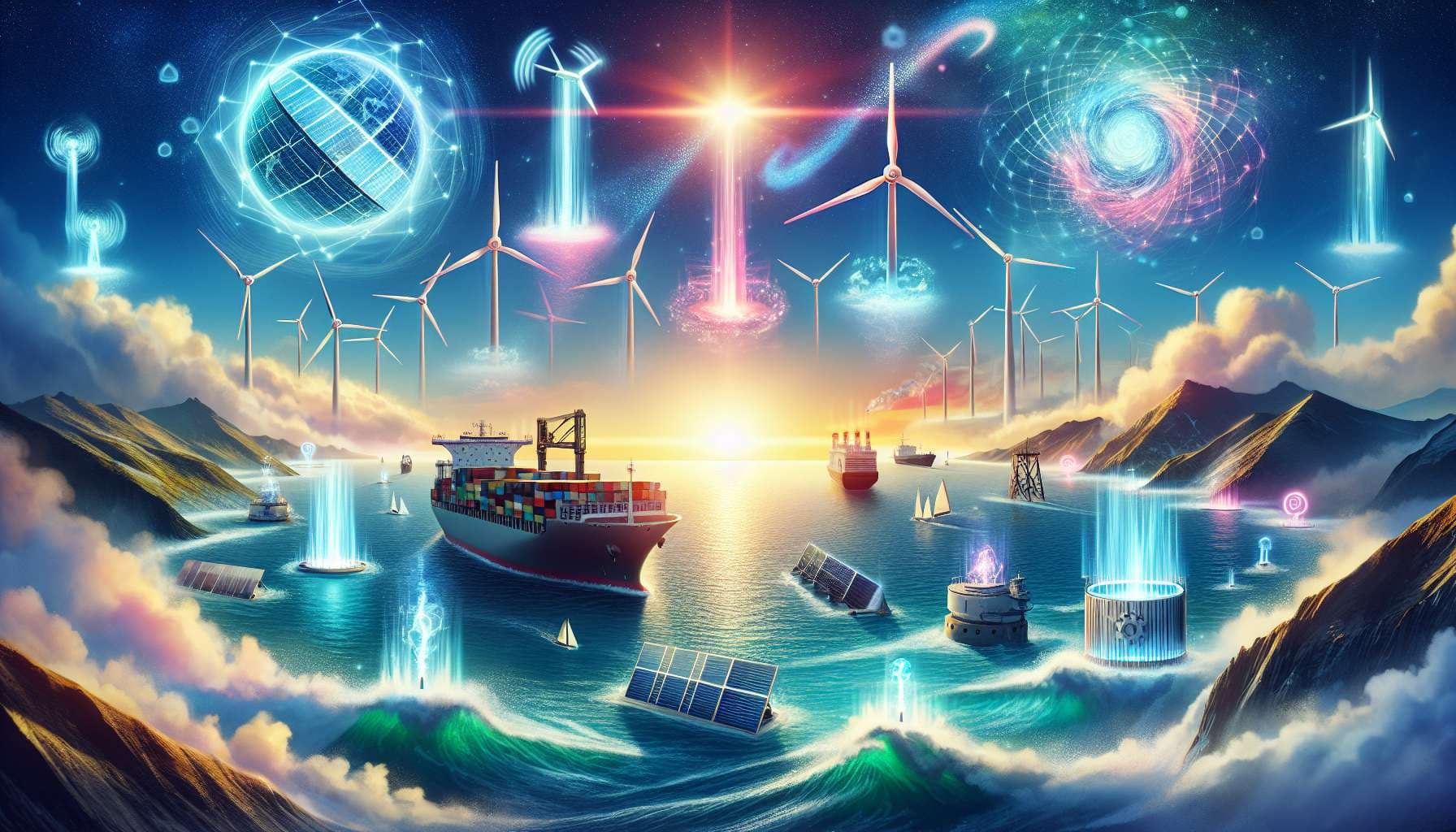
How will energy be calculated - e.g. The amount of energy in theory to propel x number of tones and based on the X number of total tones shipping in 2040? Is this only energy for the propulsion systems?
If synthetic fuels are considered, is the total amount of energy input to form the fuel in the first place being considered? Is only the percentage of energy that creates effective work for propulsion in fuel combustion being considered?
@EricBurns I will consider only the energy consumed by ships' powerplants. I want it to be closely equivalent to the combustion energy of conventional fuels. I would not consider, for instance, the energy used to produce an e-fuel.
@VAPOR imho (non-military) maritime nuclear propulsion compounds a lot of the social / regulatory issues that tend to hobble nuclear uptake even onshore, because it enters the realm of international and not merely domestic policy. this fun little video explains some of the historical challenges in nuclear shipping: https://youtu.be/cYj4F_cyiJI?si=9g1rDvAu8udT8EkD
@VAPOR unless I'm misunderstanding something, nuclear energy generation from thorium is necessarily fission (as it is with any nuclide past iron)
@pyrylium my bad I asked chatgpt for better description of my point https://chat.openai.com/share/4661baab-d01d-41e0-bccf-f7c734b3903d
It's different from uranium, sorry
@VAPOR im going to be very honest, the fact that you are relying on an LLM to generate arguments for you on a complex technical topic about which you apparently know quite little does not inspire confidence
@pyrylium you have nothing to place your confidence in, so that's fine. My initial comment also was about another market I saw predicting the release of thorium cargo ship that passed a regulatory hurdle, plus a video where the history of nuclear ships which were all uranium based and did not succeed, thorium differs as it's safer. I think that is enough to speculate in comments
"Methanol" should definitely be a choice (not merely a subset of "synthetic hydrocarbons") considering ethanol is explicitly listed.
I'd also suggest "aluminum" as there's at least one startup operating in that space (Found Energy)
@amazing_username I like the additions in principle, but it can make it unfair to prior positions in the market. In my case, I specifically considered synthetic hydrocarbons assuming methanol would be included. Not so sure how to resolve this challenge, but wanted to make it known.
Perhaps at some point may require some justification or ruleset for what would prompt opening up a new 'energy' source category. i.e. How different from existing list would a new category need to be and how granular should categories be in general?
For instance, lithium ion batteries are listed, but further discussion may prompt the inclusion of sodium ion, calcium ion, zinc, and a whole list of chemical permutations. Expanding further into this area may include other battery subcategories - different flow redox battery chemistries... Super capacitors, kinetic energy (flywheels)...
Instead, could be good to establish categories based on some level of energy classification hierarchy to avoid category overlap and potentially reduce complications from late additions?
@EricBurns I see where you're coming from, but I don't think it's possible (or necessary) to prescriptively construct a complete set of all possible energy technologies, in part because in practice a lot of these categories overlap / aren't mutually exclusive. Companies like Amogy use ammonia as a hydrogen carrier for H2 fuel cells; likewise, Found primarily uses aluminum for in situ hydrogen generation. Would these count as hydrogen vehicles?
In the specific case of methanol, I'd argue "synthetic hydrocarbons" would include synthetic methanol from CO2 hydrogenation but would not include biomethanol, so even those categories are subtly distinct.
@EricBurns the categories are all independent, so they can be overlapping without interfering with each other
natural gas seems like a yes so far
https://www.statista.com/statistics/1296511/global-share-of-lng-fueled-new-ship-orders-by-type/